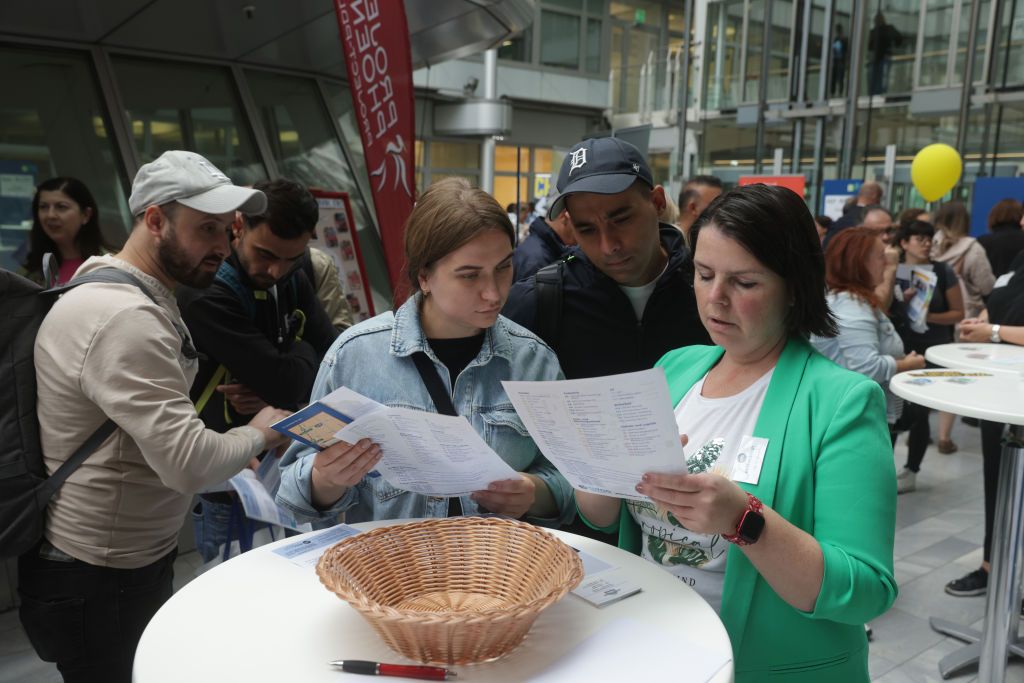UN: Continued US aid required to support Ukrainian refugees

Millions of Ukrainian refugees are still abroad or displaced within Ukraine, and the UN's High Commissioner for Refugees (UNHCR) said on Feb. 20 that U.S. funding is vital to maintain the UN's refugee support programs.
The UN's Office for the Coordination of Humanitarian Affairs (OCHA) estimated in January 2024 that some 14.6 million Ukrainians, approximately 40% of the population, need humanitarian assistance. This figure does not include the estimated 6.3 million Ukrainians forced to flee abroad.
The UNHCR released a report on Feb. 20 detailing the situation regarding Ukrainian refugees and appealed for $993 million to fund its support for those displaced by the full-scale war.
Around $600 million was requested to assist Ukrainian internally displaced people (IDPs) and the remaining funds for those abroad. The UNHCR said that only 13% of its support programs for Ukrainian refugees are currently funded.
"Unless timely funding is received, we may be forced to cut essential activities in Ukraine and in neighboring countries," the report said.
Philippe Leclerc, the UNHCR regional director for Europe, said in a briefing on Feb. 20 that some 30% of the UNHCR's funding comes from the U.S.
U.S. aid for Ukraine, including humanitarian assistance, has been at an impasse in Congress for months, largely over domestic political issues unrelated to Ukraine. The Senate passed a $95 billion funding package earlier in February that included $60 billion in aid for Ukraine, but U.S. House Speaker Mike Johnson has so far declined to bring it to a vote in the House.
"The U.S. State Department is supposed to get additional budget possibilities, including for the aid to Ukraine, which has not yet been voted by Congress. Obviously part of that support could possibly go to (the) UNHCR and other UN agencies to support refugees in Ukraine," Leclerc said.
The UNHCR report found that a majority of Ukrainian refugees abroad and IDPs still want to return home, but many are concerned about the insecure situation regarding the war, as well as "a lack of economic opportunities and housing."
More than half of Ukrainian refugees interviewed by the UNHCR who returned home said that "there were fewer job opportunities than they thought there would be."
The UN requested $4.2 billion in January 2024 to help Ukrainian refugees and IDPs.












